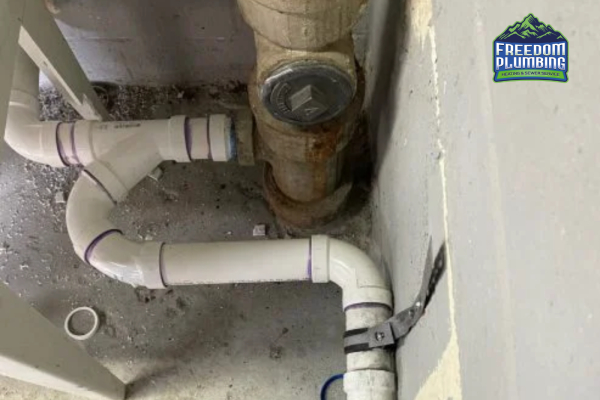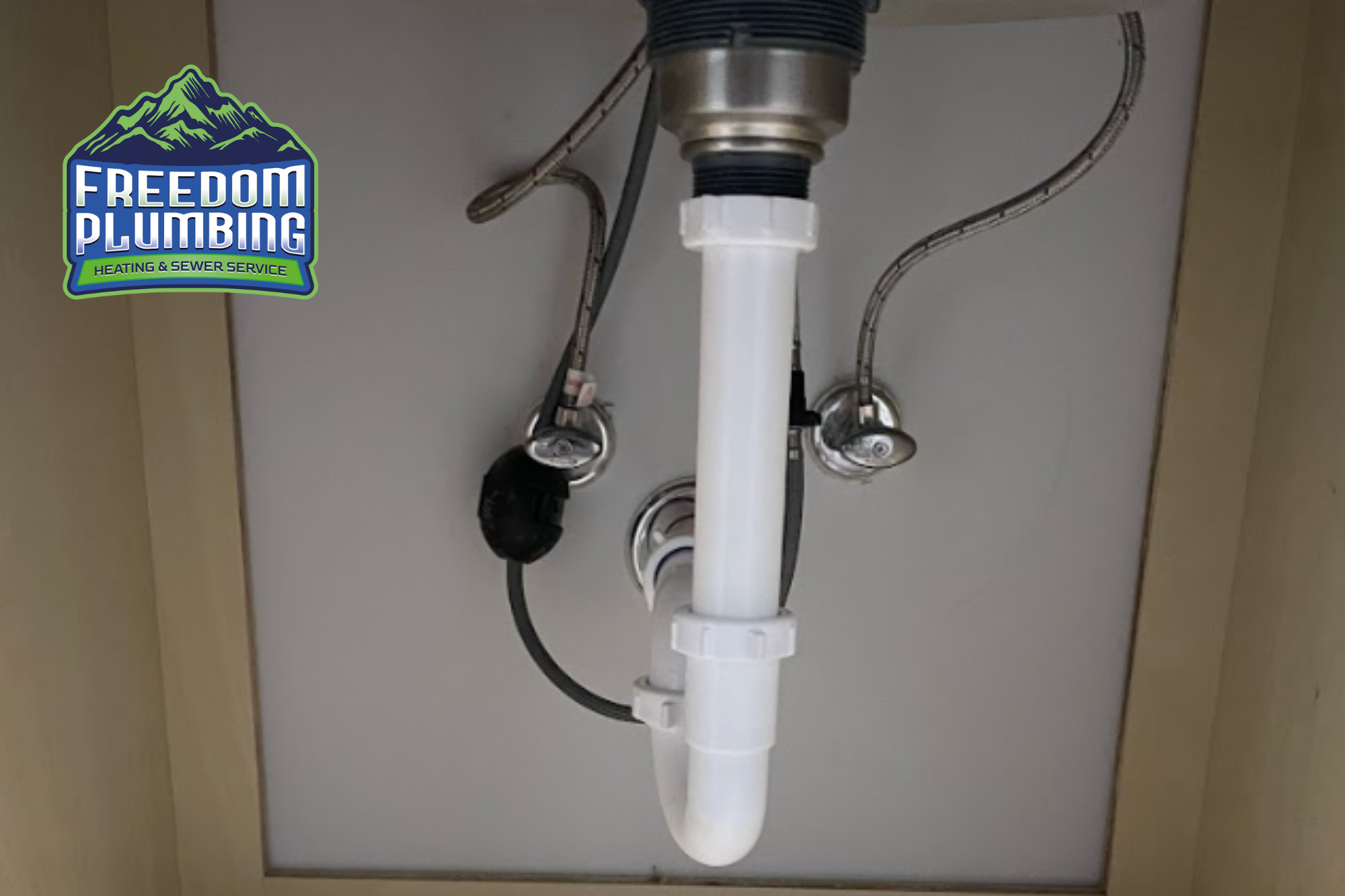
The water heater in your home is a vital appliance that plays a significant role in providing hot water for your daily activities such as laundry, dishes, and showers. However, it can be quickly forgotten until it ceases to function correctly, leading to unexpected stress and inconvenience. To minimize such issues, it is critical to be proactive and watch for possible signs that indicate the need for repairs or replacement. This article outlines six clear indications that your water heater may require attention. Identifying these warning signs can help you address the issue promptly, prevent potential damage, and ensure you never have to deal with the inconvenience of cold water again.
1. Inconsistent Water Temperature
Inconsistent water temperature is a common indication of a malfunctioning water heater and should not be ignored. Any sudden shifts from hot to cold or fluctuations in temperature during use can be caused by several factors, such as a malfunctioning thermostat, a buildup of sediment in the tank, or a failing heating element. Neglecting this issue can result in discomfort and wasted energy. Therefore, it is essential to promptly identify and address the problem to avoid further damage or inconvenience. If you notice any inconsistencies in your water temperature, do not hesitate to contact a plumber Cranford NJ for help. Their expertise will ensure a prompt solution to the problem, keeping your system running efficiently.
2. Strange Noises
Water heaters generally operate quietly in the background. However, if you start hearing unusual sounds coming from your unit, it’s a sign that something is wrong. Common noises to be on the lookout for include popping, banging, or rumbling sounds. These noises are often caused by sediment buildup at the bottom of the tank. As water heats, it forces its way through the sediment, creating the strange noises. If left unattended, this sediment can lead to reduced efficiency and damage to the tank. Flushing your water heater periodically can help prevent this issue, and a Cranford plumbing professional can perform this service efficiently.
3. Leaks and Pooling Water
If you observe standing water around your water heater, this signals an underlying issue. Possible sources of leaks include a damaged inlet or outlet pipe, a faulty pressure relief valve, or corrosion within the tank. Overlooking leaks can result in property damage and even promote the growth of mold. Therefore, it is essential to turn off the power supply and seek the assistance of competent plumbers Cranford NJ to evaluate the situation. Please do not hesitate to call for a prompt assessment.
4. Age of the Water Heater
Water heaters, being appliances, have a definite lifespan. A traditional tank-style water heater usually lasts 8 to 12 years. It may be time for replacement if your water heater is within this range or has surpassed it. Older units are likely to experience reduced efficiency, increased energy costs, and frequent breakdowns. Upgrading to a newer, more energy-efficient model will save you money in the future and provide you with dependable hot water.
5. Rusty Water
If you turn on your hot water tap and notice rusty or discolored water coming out, it’s a sign that your water heater may be deteriorating from the inside. Rusty water can be caused by corrosion within the tank, and it’s a clear indicator that your water heater is nearing the end of its useful life. While occasional rusty water may be caused by corrosion in your plumbing system, persistent discoloration from your water heater should not be ignored. A professional assessment is necessary to determine whether repairs or replacement is needed.
6. Reduced Hot Water Output
In certain circumstances, a noticeable drop in hot water production may indicate that your water heater requires attention. If you notice that you are using up your hot water supply more quickly than usual or that you are unable to get sufficient hot water for your daily requirements, this is a cause for alarm. Damaged dip tubes, malfunctioning heating elements, or sediment accumulation can all cause a decrease in hot water output. A trained professional can assess the situation and determine the root of the problem, as well as whether repairs or replacements are required.
If you notice any of these signs, and would like to get a water heater inspection done, contact your local plumber and schedule an appointment. For more information visit our website!







